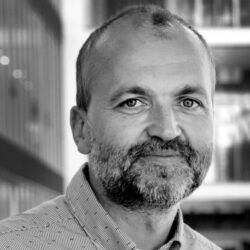There is an intense discussion in politics, economy and science about chances and risks of media fragmentation and segmentation of the audience. Other than in the US there are only few empirical studies for the German case regarding media fragmentation online. The aim of our project is to show the development of media and audience fragmentation online in Germany, to find determinants of fragmentation online, and to analyse chances and risks of media fragmentation for democracies.
Therefore, we are using an interdisciplinary strategy which combines social science and economic science. Based on the Media-Analysis Online data source with more than 730 commercial media channels online and a minimum of 30.000 respondents every year we are able to analyse the media market online and the audience structure of online media itself. Bringing together those two approaches enables us to get a broader picture of fragmentation in online media as well as its effects on democracies. Thereby, business models of online media will be an issue as well as media repertoires of online media user groups. Furthermore, looking at the audience and market structure at the same time, gives the ability to develop governance strategies.
The PhD projects are part of the Funding Program “Digital Society” of the Ministry of Culture and Science of the state of NRW. More details about the project can be found here(only available in german).
Contact
Prof. Dr. Olaf Jandura
Communication Studies

Prof. Dr. Olaf Jandura is co-director of the research focus on communication research at the Department of Economics at Düsseldorf University of Applied Sciences (HSD) and associate professor at the Institute for Social Sciences at HHU-Düsseldorf. In research and teaching, he deals with questions of political communication, analysis of media offerings and communication practice in political-communicative milieus.
As part of the DIID, he researches the fragmentation of online offerings and audiences as well as the quality of online surveys.


